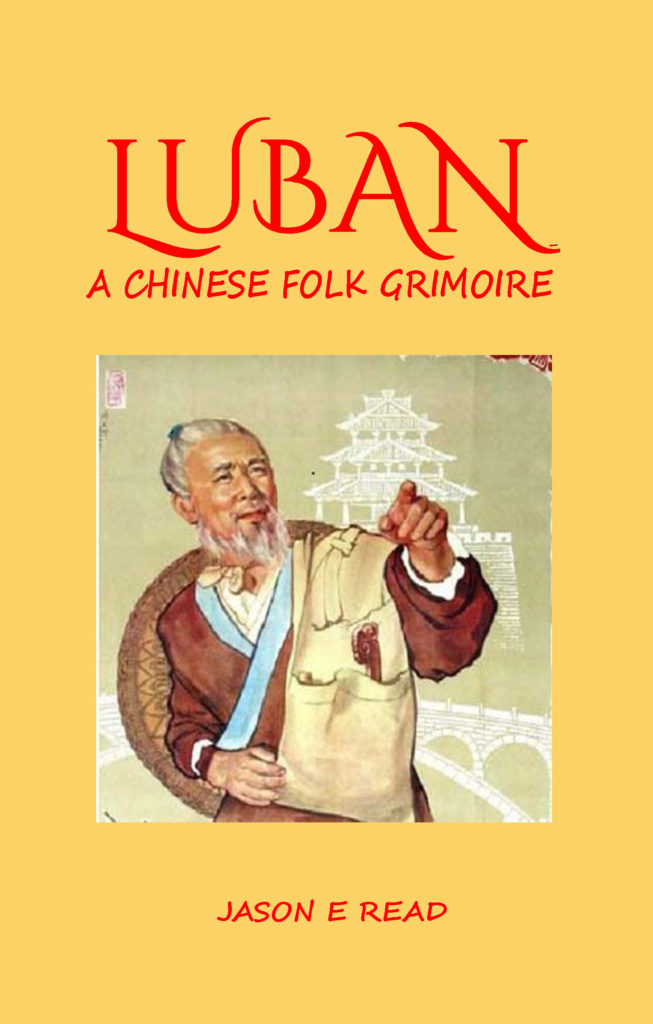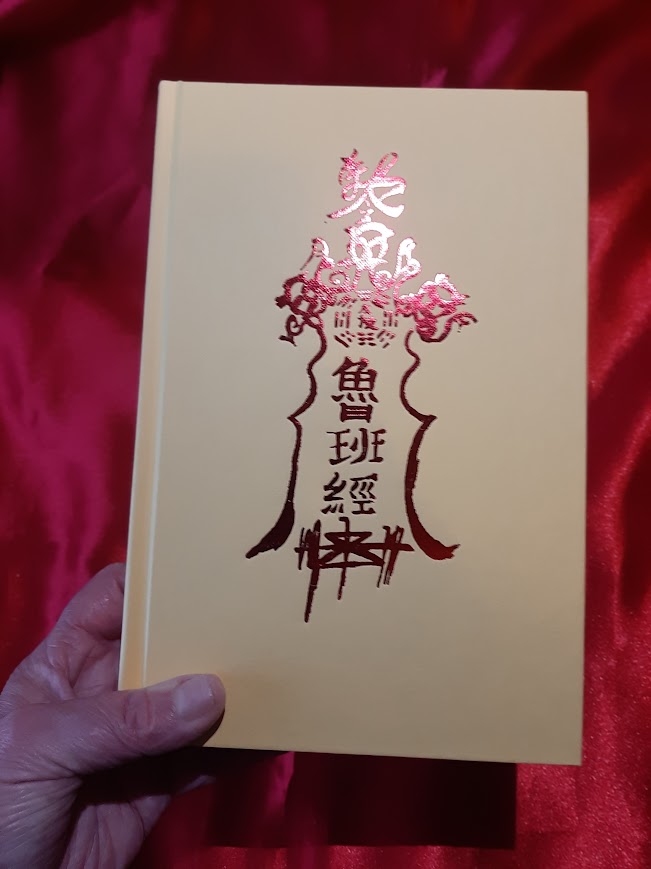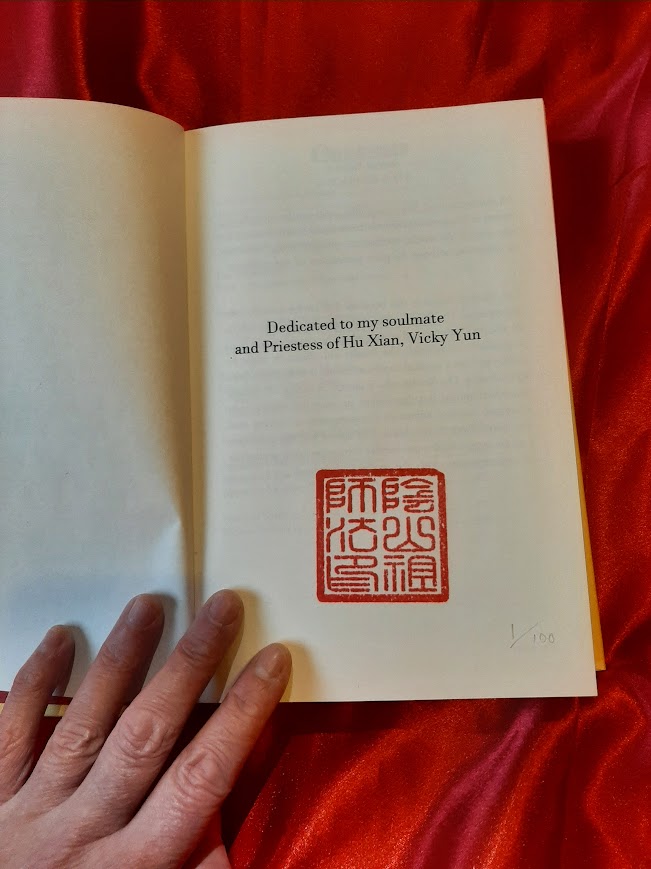
A Chinese Grimoire of Magic
496pp, 154x234mm. Over 200 illustrations
978-1-914153-19-8
Publication Date: 21/9/23
Translation and commentary by Jason. E. Read
Special Edition hardback Stamped by the author £75 / $90 (include p&p)


Elsewhere, ask for an invoice
or add order two and we will confirm with you before refunding any excess postage etc
Introduction
The Luban Shu or the ‘Book of Luban’ or even the ‘Luban Classic’ is well known to the Chinese-speaking occult community. The book has the same or similar reputation as the Key of Solomon among Western practitioners of magic, and at one time nearly every village had a local magician, a ‘fangshi’ who was skilled in the Luban technique, and everyone, in older times, had a tale to tell about the Luban.
The Luban was, and is, both loved and dreaded by the Chinese. Luban is at first appearance a collection of spells gathered into one volume along with information about the magical aspects of feng shui. Obviously, the text was meant for the well-educated magus as some of the spells concern complex notions of Chinese astrology and geometry as well as the procedures of magic in itself. The origin of the text is shrouded in mystery and a number of versions circulated throughout China.
What makes the Luban so attractive is that it is free of the dogma of orthodox religious Daoism, Confucianism and Buddhism. And yet it relies on their principles in a certain folk manner, much, in the same way, the grimoires of the West implied a Christian or Judaic worldview. The Luban thus represents a means for the individual sorcerer to seek a pathway to power within a personal context and without having to limit themselves to the orthodox temples.
This was a book for the outsider, the sorcerer who was also a scholar of the deepest and most profound mysteries of magic. Another attractive element was that there was no need for rare and exotic ingredients that are impossible to access and have lost their meaning to the modern mind. The Luban Shu is ancient but a LIVING tradition. Its gods and spirits are not only alive and well, throughout millions of Temples and shrines in Asia, but are part of the land, the rocks, the trees, the running waters and so forth.
It is not a speculative tradition which tries to piece together fragments from long-lost practices that exist in broken papyri and attempt at a working tradition. Side by side with the text there is also an oral tradition of transmitted knowledge. We do not need to resort to often subjective reconstructionism to attempt a revival of a lost tradition.
In this text, therefore, we give not only the text itself with notes on obscure terms, but actual oral teachings from my own teacher Dr. Liang.
For scholars, it will be an interesting cultural source for the sorcerous magic outside of the main Dao stream. For many, it will be a teacher of a definite Way. If you choose this practical side, we urge you to follow all the oral advice and taboos and make a careful study of the initiation into the Luban Pai.
In the Luban system, you must first enter its stream before it can work for you. The spells in the Luban must also be carefully cultivated. It is a myth that one can pick a random spell and hey presto it works. On average a spell must be PRACTISED many times before it can actually work. You will also see in the oral commentary there is inner work to do, some of which will be familiar to practitioners of more profound schools of neigong, as opposed to qigong.
Jason Read 2022
Year of the Tiger.
